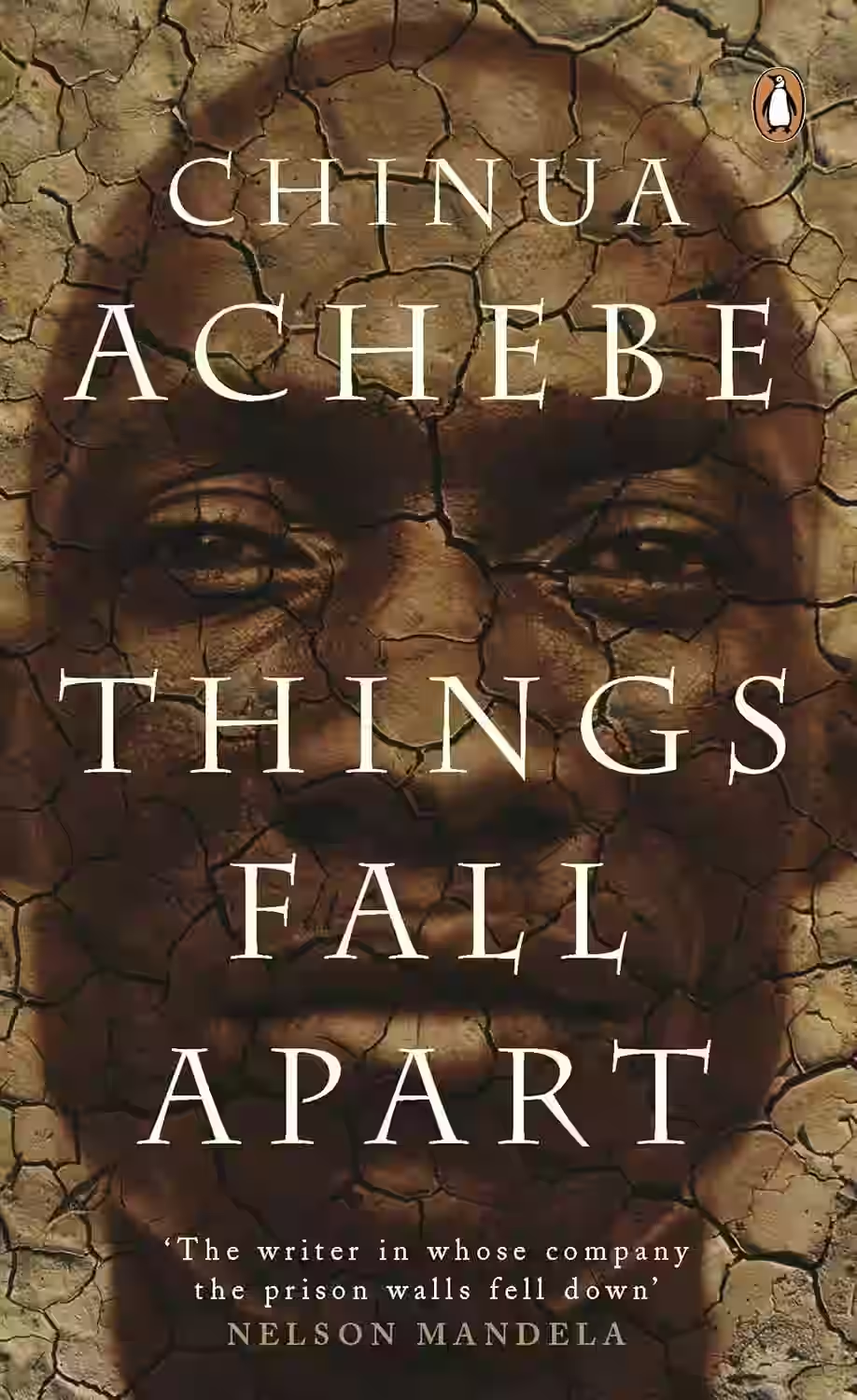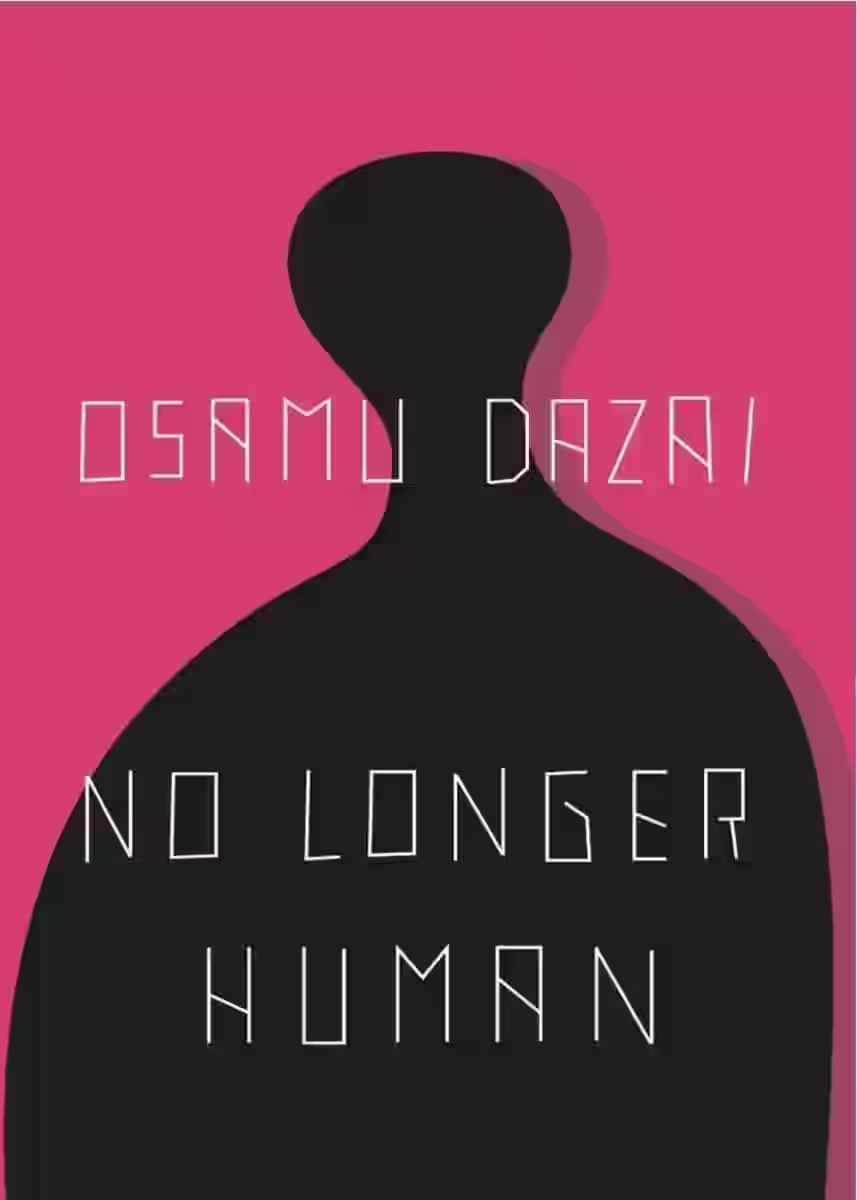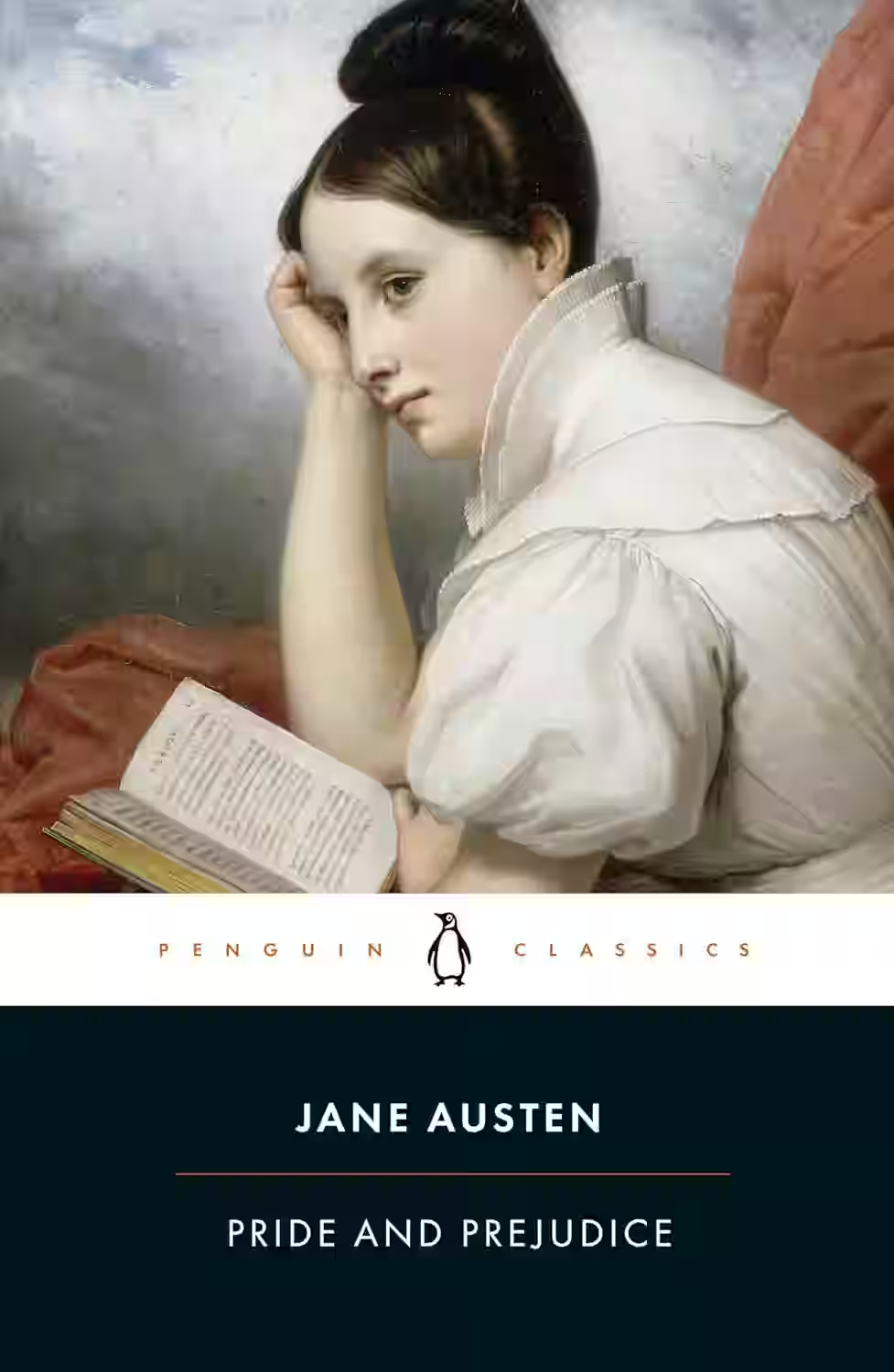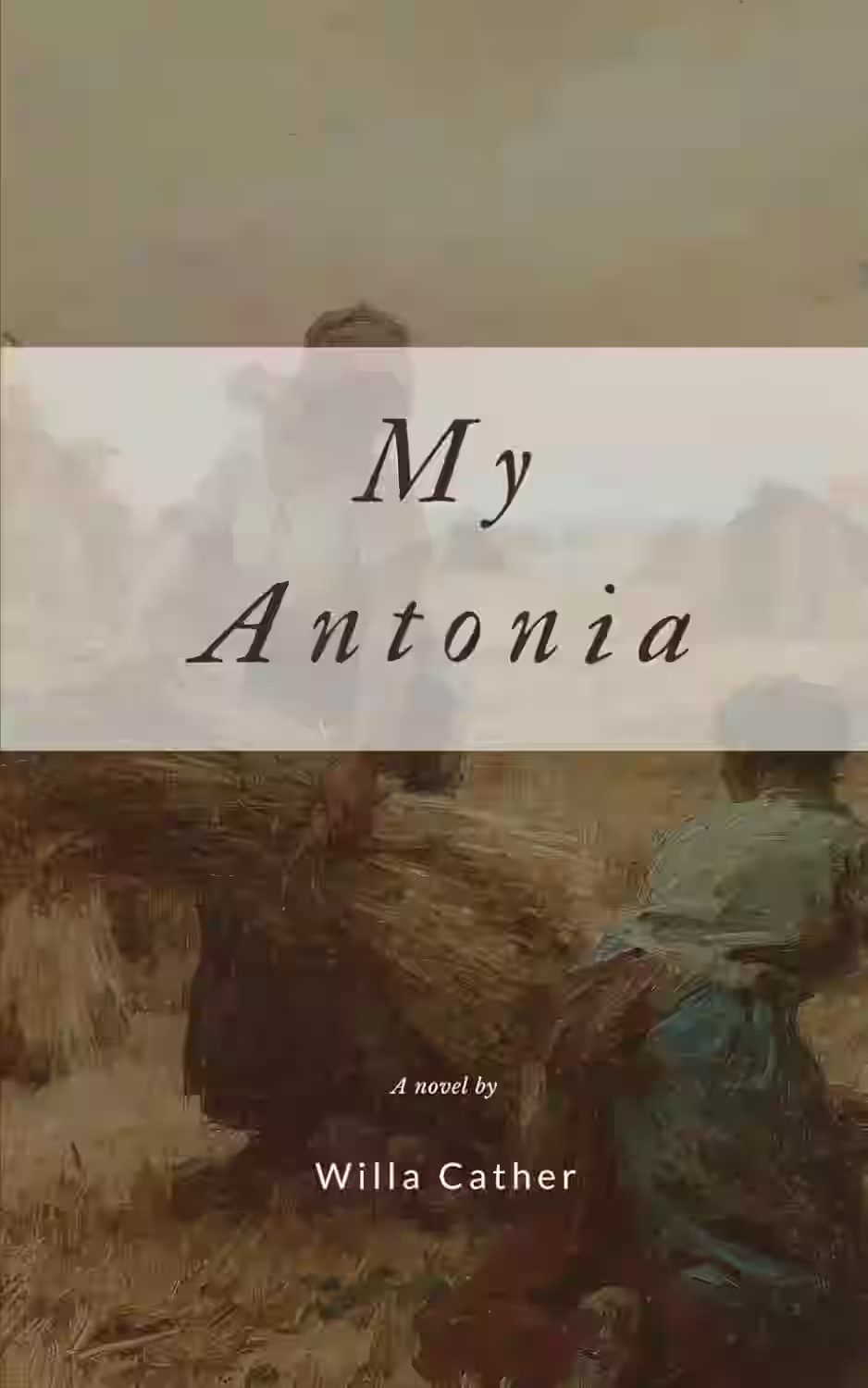
A sequel to Things Fall Apart, this novel follows Obi Okonkwo, a young Nigerian returning from England with high hopes—only to be caught between traditional values and colonial bureaucracy. As corruption and moral conflict mount, Obi’s idealism erodes. Achebe explores post-colonial identity, cultural conflict, and disillusionment with subtle power and emotional depth.
About Chinua Achebe
A Nigerian novelist, poet, and critic, widely regarded as the father of modern African literature in English. His seminal novel, Things Fall Apart, vividly portrays the clash between traditional Igbo society and the arrival of European colonialism, offering a powerful counter-narrative to colonial perspectives. Achebe's work is celebrated for its clarity, cultural authenticity, and profound exploration of identity, justice, and the impact of historical forces on African societies.
Other Books by Chinua Achebe

Things Fall Apart
Okonowo is the greatest warrior alive. His fame has spread like a bushfire in West Africa and he is one of the most powerful men of his clan. But he also has a fiery temper. Determined not to be like his father, he refuses to show weakness to anyone - even if the only way he can master his feelings is with his fists. When outsiders threaten the traditions of his clan, Okonowo takes violent action. Will the great man's dangerous pride eventually destroy him?
Similar Books

No Longer Human
by Osamu Dazai
"No Longer Human" by Osamu Dazai is a profound exploration of alienation and identity, delving into the life of its protagonist, Ōba Yōzō. The novel takes the form of a confessional as Yōzō recounts his struggles with societal expectations and his own sense of worthlessness. Dazai's introspective style reveals Yōzō's descent into despair, providing a raw and unsettling portrait of a man who feels disconnected from the world. Themes of nihilism, mental illness, and the search for authenticity are intimately portrayed, making this work resonate deeply with readers who grapple with similar existential questions. "No Longer Human" is a poignant, haunting narrative that offers a mirror to the depths of human vulnerability and ultimately remains a timeless contribution to modern literature.

Pride and Prejudice
by Jane Austen
This beloved classic follows the spirited Elizabeth Bennet as she navigates love, marriage, and social status in Georgian-era England. When the wealthy and proud Mr. Darcy enters her life, their mutual prejudices create a complex dance of misunderstanding and growth. Through razor-sharp wit and social commentary, Austen crafts a timeless romance while critiquing class, marriage, and gender roles in 19th-century society.

The Grass is Singing
Set in colonial Rhodesia, this psychological novel explores the fraught relationship between a white woman and her Black servant. When Mary Turner’s fragile life on a remote farm spirals into violence and tragedy, Lessing exposes the corrosive effects of racism, isolation, and repressed emotion. The Grass is Singing is a haunting debut that critiques colonial society and gender dynamics with unflinching honesty.

My Antonia
by Willa Cather
Told through the eyes of Jim Burden, My Ántonia recounts the life of Ántonia Shimerda, a spirited immigrant girl on the Nebraska frontier. Through vivid landscapes and deep characterizations, Cather celebrates pioneer life, hard work, and memory. The novel is a nostalgic tribute to the resilience of early settlers and the bond between people and place, filled with poetic prose and quiet power.